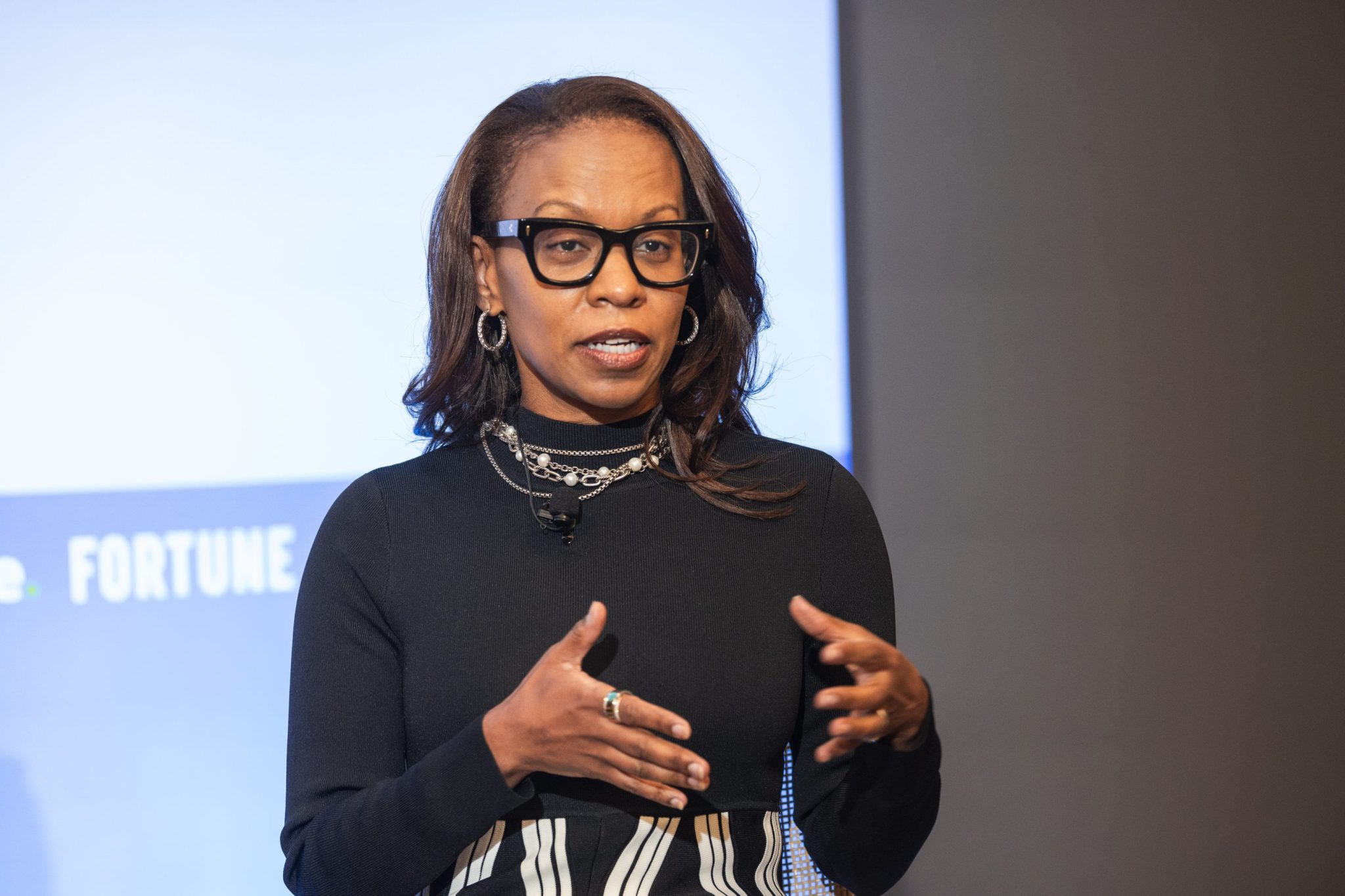Women’s health is an ‘economic blind spot.’ Data is the key to reframing the conversation


You can’t be in health without being in women’s health. That was the message leaders from Deloitte, Acadia Pharmaceuticals, Susan G. Komen, and the Alice L. Walton School of Medicine shared at Fortune’s Most Powerful Women Summit last week.
Dr. Kulleni Gebreyes, principal at Deloitte and vice chair and U.S. life sciences & health care industry leader, said that women’s health should be seen as human health. “It’s not a niche market, it’s not arts and crafts, it’s greater than 50% of the population of the world. Anyone who tells you differently has an economic blind spot.”
She noted that data is the new infrastructure and trust is the new currency. Women want to know how their data is being used and how it will drive better outcomes. “Data isn’t just your [electronic health record] information. Six out of 10 people who use wearables are women. And only 20% of women who use a digital platform say that it’s customized for them,” Dr. Gebreyes said.
Women are also overlooked when it comes to pharmaceutical development, argued Catherine Owen Adams, CEO of Acadia Pharmaceuticals, who highlighted the critical need for women’s leadership in the field. “There’s a lot of systemic bias that we need to understand and focus on, so that women’s health pharmaceutical innovation and medical health innovation can become infused with a women’s perspective,” Adams said. She pointed to stark disparities: “Women have twice the amount of anxiety and depression that men do, 60% of Alzheimer’s patients are women, one in five women have a depression or anxiety event every year that requires treatment, and yet less than 30% of clinical trials in those spaces are on women.”
Susan G. Komen, the breast cancer organization, is trying to close that gap. It’s second-largest funder of breast cancer drug research after the U.S. government.
Paula Schneider, former president and CEO and now honorary vice chair of Susan G. Komen, cited the work of MIT’s Regina Barzilay as an example of a breast cancer breakthrough. Barzilay is using AI to read mammograms and detect 20% more cancers than the human eye. “Once this becomes a standard of care, for women who do get their mammograms (which is only about 50%, by the way), we will be able to diagnose breast cancer at stage 0 or stage 1, as opposed to stages 2-4, which will dramatically change the outcomes of breast cancer,” Schneider said.
Sharmila Makhija, founding dean and CEO of the Alice L. Walton School of Medicine, is on the frontlines of teaching a new generation of practitioners to take advantage of health care innovation while administering whole-person care. Students begin clinical practice within their first three months and are trained in finance, payment reform, policy making, and more. “We want students to listen to what a patient is saying and address it. It’s not, ‘What’s the matter with you, but what matters to you?’” Dr. Makhija said.
Dr. Gebreyes said we need to reframe the whole conversation around health. Instead of being “for him, by him, for her, by her, or for us, by us,” she said, “I think there’s a real opportunity to make it for us and by us.”





